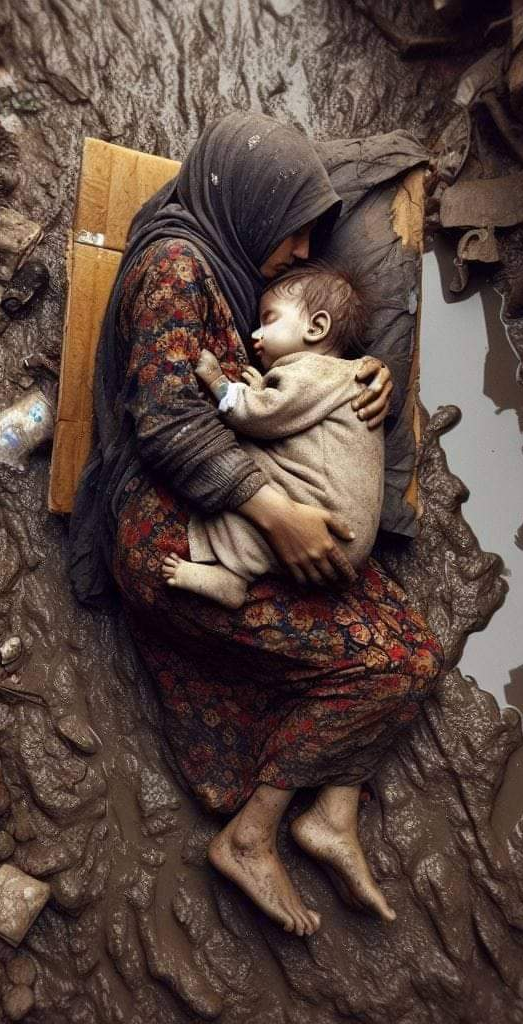
Pretoria, March 14 (RHC)-- Independent countries must come together and establish international tribunals to hold the Israeli regime accountable for its genocidal crimes in Gaza, says a South African lawyer.
Ziyaad Patel, a prominent human rights attorney from South Africa, in an interview with the Press TV website, said the International Court of Justice (ICJ) and other UN organs have “fallen short of fulfilling their duties” amid the ongoing genocide in the besieged Palestinian territory. He said the international community should not pin much hope on the ICJ and other organs of the world body, citing their susceptibility to Western influence.
In late January, the top UN court issued provisional measures in response to a lawsuit filed by South Africa, which ordered the Tel Aviv regime to take all measures within its power to prevent acts prohibited by the Genocide Convention but stopped short of calling for a ceasefire.
Patel said South Africa had provided “sufficient evidence” to the ICJ, demonstrating that the Israeli regime has perpetrated genocide and other grave offenses in Gaza since October 7th.
More than 31,200 Palestinians have been killed in Gaza in the past five months, including almost 14,000 children and 9,000 women, making it the deadliest war against Palestinians in recent history.
The South African human rights attorney cited the murder of six-year-old Hind Rajab, among other victims, as definitive evidence of what he termed Israel's genocidal warfare. These acts, he noted in an interview with the Press TV website, were intentional to cause harm to civilians corroborated by statements from Israeli leaders that dehumanized Palestinians by calling them animals.
Hind, who went missing after the family’s car was brutally attacked by Israeli forces in the war-torn strip in late January, was found dead almost two weeks later.
Patel said the Israeli regime has been bent on portraying Palestinian resistance fighters as terrorists, but the fact is that the right of resistance is intrinsically linked to the right of self-determination, a principle sanctioned by international law. He called for initiatives to “find ways to achieve our goals” in the absence of proper conduct by international bodies such as the ICJ.
The attorney urged nations like Iran, Algeria, and Malaysia to collaborate in forming specialized courts, such as an Islamic international criminal court, to address the lack of action by international institutions.
“Free countries should utilize their internal legal capacities and engage in bilateral or multilateral treaties to form independent war crimes tribunals to hold the Israeli regime and its backers accountable for the catastrophic events unfolding in Gaza and the broader repercussions on our environment and the security of our planet,” he stated in a conversation with the Press TV website.
Patel expressed doubt that Israel would comply with the ICJ’s orders if it goes in favor of Palestinians, referring to the 2004 case when the world court deemed Israel's separation barriers illegal but the regime blatantly disregarded the ruling. He noted that the ICJ lacks an enforcement mechanism and that only the UN Security Council (UNSC) possesses the authority to push for the enforcement of the court's decisions.
However, he said the UNSC has been highly politicized and has repeatedly failed the Palestinian cause.
Despite these challenges, Patel maintained that the international community is bound by the ICJ's judgments, which should inform free nations on policy implementation to support the court's decisions.
At the very least, countries should undertake diplomatic initiatives to isolate Israel, the attorney said. "Nations should operate both within and outside the UN framework to isolate Israel through boycotts, divestment, sanctions, and other diplomatic measures," he stated.
Patel emphasized the grave state of affairs in occupied Palestine and the global community's obligation to safeguard Palestinian lives and society. "The situation in occupied Palestine is on the brink, and it is our collective duty to ensure the preservation and protection of Palestinian lives and their societal structure," he stressed.

